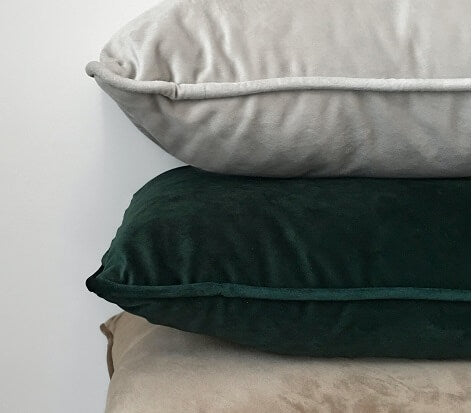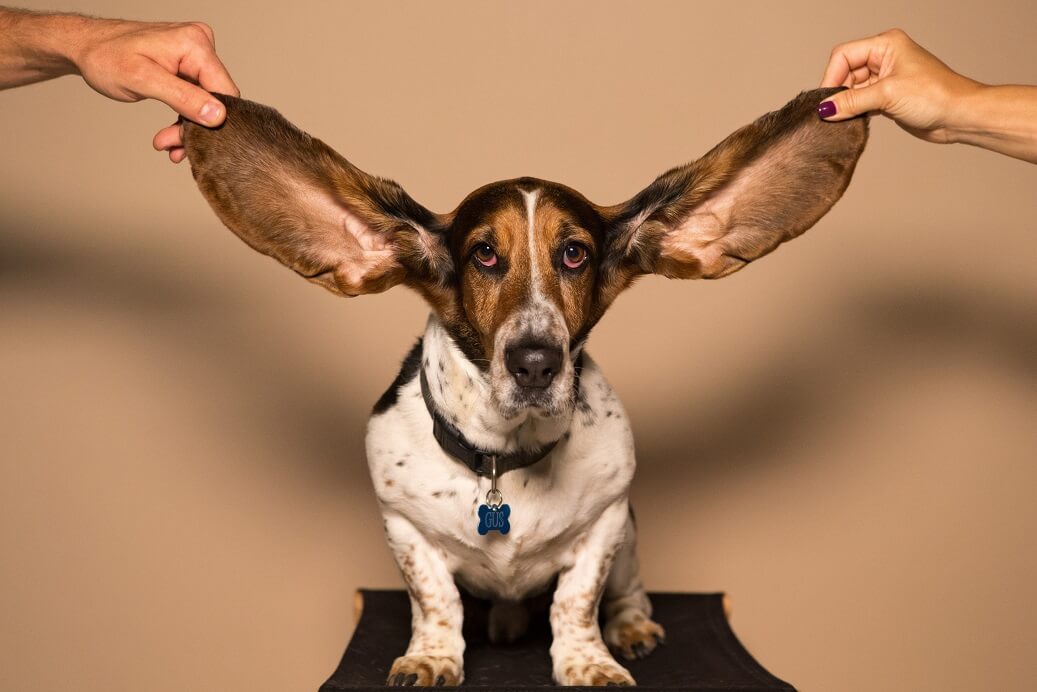Have you ever woken up with your ear hurting after sleeping on it? If so, you’re not alone. It’s a common problem and one that can be quite uncomfortable. In this blog post, we’ll explore the reasons why your ear might hurt while sleeping, as well as how to make sleeping more comfortable so that you don’t experience this discomfort in the future.

The science behind the pain
When you sleep on your ear, you are essentially putting pressure on the cartilage. This can cause a condition known as “sleep ear” or “auricular compression syndrome.” As the name implies, this is a condition where the ear is compressed when sleeping. This can cause pain and discomfort due to the pressure that is put on the cartilage of the ear.
The pressure can also cause inflammation of the tissue in the ear, leading to irritation and pain. Additionally, the position of your head and the way you place your head on the pillow can cause extra pressure on the area, increasing the chances of experiencing pain in the morning.
The pressure that is put on the cartilage when sleeping can also cause a buildup of fluids within the inner ear. This can lead to a feeling of fullness and pressure in the ear, which is another source of discomfort and pain. In some cases, this fluid buildup can also lead to infection, which can increase the pain and discomfort experienced from sleeping on your ear.

Common causes
There are many reasons why your ear may hurt when you sleep on it. Some of the most common causes include:
- Pressure Build-Up: When you lie on your side, you can put pressure on your ear and surrounding tissue, causing pain.
- Wax Build-Up: Too much wax in your ear canal can cause pain when it is compressed against the side of your head.
- Infection or Injury: An infection or injury can cause pain when your ear is pressed against the pillow.
- Allergies: If you suffer from allergies, you may find that your ears become inflamed and painful when lying down on them.
- Pinched Nerve: A pinched nerve in the ear can cause sharp pain when sleeping on that side.
- Blocked Eustachian Tubes: If your eustachian tubes become blocked due to a cold or allergies, you may experience pain in your ears when lying down.
How to prevent it
- Change your sleeping position - Sleeping on your back or side may help reduce pressure on your ear, especially if you find that the ear you’re sleeping on is the one that hurts.
- Prop up your pillow - Place a pillow under your head to elevate it and keep your ear from being pressed against the pillow.
- Wear ear plugs - If you’re prone to ear pain when sleeping, wearing ear plugs can be helpful in reducing the amount of pressure and noise that reaches your ear.
- Take breaks - If you’ve been in the same position for a long time, get up and take a break. That way, you can give your ears a rest and keep them from getting sore.
- Avoid sleeping with wet hair - Make sure your hair is completely dry before going to bed as moisture can make your ears more prone to becoming irritated.
- Practice good hygiene - Clean your ears regularly to remove any wax build-up which can put extra pressure on the ear canal and cause discomfort.
When to see a doctor
If you are experiencing pain in your ear that doesn’t subside when you change your sleeping position or after a few days, it’s time to see a doctor. You should also consult a doctor if the pain is accompanied by other symptoms such as dizziness, hearing loss, ringing in your ear, or discharge from the ear.
Some serious medical conditions can cause pain when you sleep on your ear, so if you are concerned about your condition, it is best to seek medical advice. If the pain is severe, sudden, and persistent, it could be a sign of a serious infection. An infection may require medication or surgery, so it’s important to get an accurate diagnosis and treatment from a healthcare professional as soon as possible.
In some cases, your doctor may refer you to an audiologist or otolaryngologist (ENT specialist) for further evaluation. They will use imaging tests such as an X-ray or CT scan to look for any physical abnormalities in the ear. This can help diagnose any underlying causes of the pain such as a foreign object in the ear canal, perforated eardrum, infection, tumors, or other issues.
It is always important to seek medical advice if you have any concerns about your ear health. Your doctor will be able to give you more information and recommend the best course of action for treating the issue.







